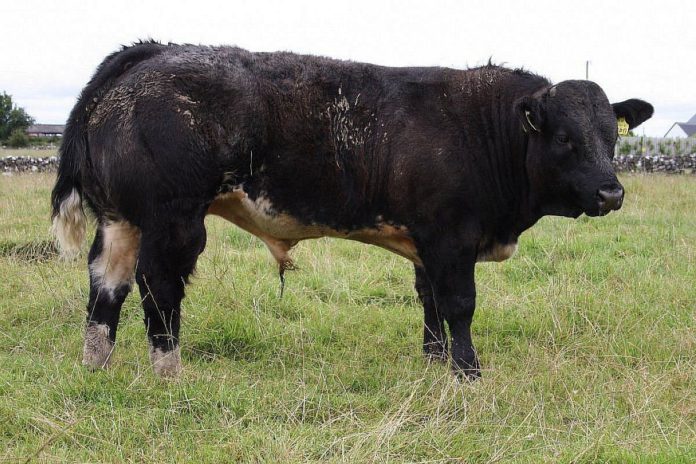There has been what is understood to be an extensive world-first scientific breakthrough that can enable the reduction of methane from the Irish cattle herd through animal genetics.
That is according to the Department of Agriculture, Food and the Marine, which has reported that this will be possible because of the publication of methane evaluations, which will enable breeding programmes to reduce daily methane emissions in beef cattle.
The research to underpin this is a result of a €3 million project, ‘GREENBREED’, which is investigating ‘Sustainable ruminant breeding programmes for low environmental footprint’ and is funded by the Department of Agriculture, Food and the Marine through its 2017 competitive national research call.
The objective of GREENBREED is to develop, validate and deploy necessary tools and optimal strategies to achieve sustainable and quantifiable genetic gain in environmental and economic efficiency in dairy, beef and sheep.
The environmental traits considered are
- Methane;
- Ammonia;
- Nitrous oxide;
- Nitrates.
It aims for direct and indirect selection for environmental efficiency without compromising economic efficiency or societal concerns of genetically elite animals.
The project has led to the publication of the world’s first national genomic evaluations for methane emissions in Irish beef cattle.
Research
Collaborative research, involving Teagasc, Southeast Technological University, Munster Technological University and ICBF, found:
- Large differences in daily methane emissions between animals fed the same diet, with 11% of these differences being traced to genetic differences;
- The 20% highest emitting animals genetically are expected to emit 30% more methane per day compared to the 20% lowest emitting animals.
The work indicates that breeding programs to reduce methane emissions will be effective for selecting low-emitting livestock, especially when undertaken in tandem with national genomic evaluations, such as the age-at-slaughter evaluations released in 2022.
According to Minister McConalogue, the implementation of a low methane emitting breeding programme has “significant” potential to harness the genetic variation for methane emissions that exists within the national herd.
This, in turn, will bring about permanent and cumulative reductions in the methane output of future generations of livestock, the minister outlined in his statement.
The results of the research, he added, also highlight the potential to breed more environmentally sustainable animals, while at the same time, not having a negative impact on the animal’s performance and profitability.
Previous article on That’s Farming on breeding “climate-friendly” cows is the focus of a new study spearheaded by a team across the waters at Wageningen University & Research.





